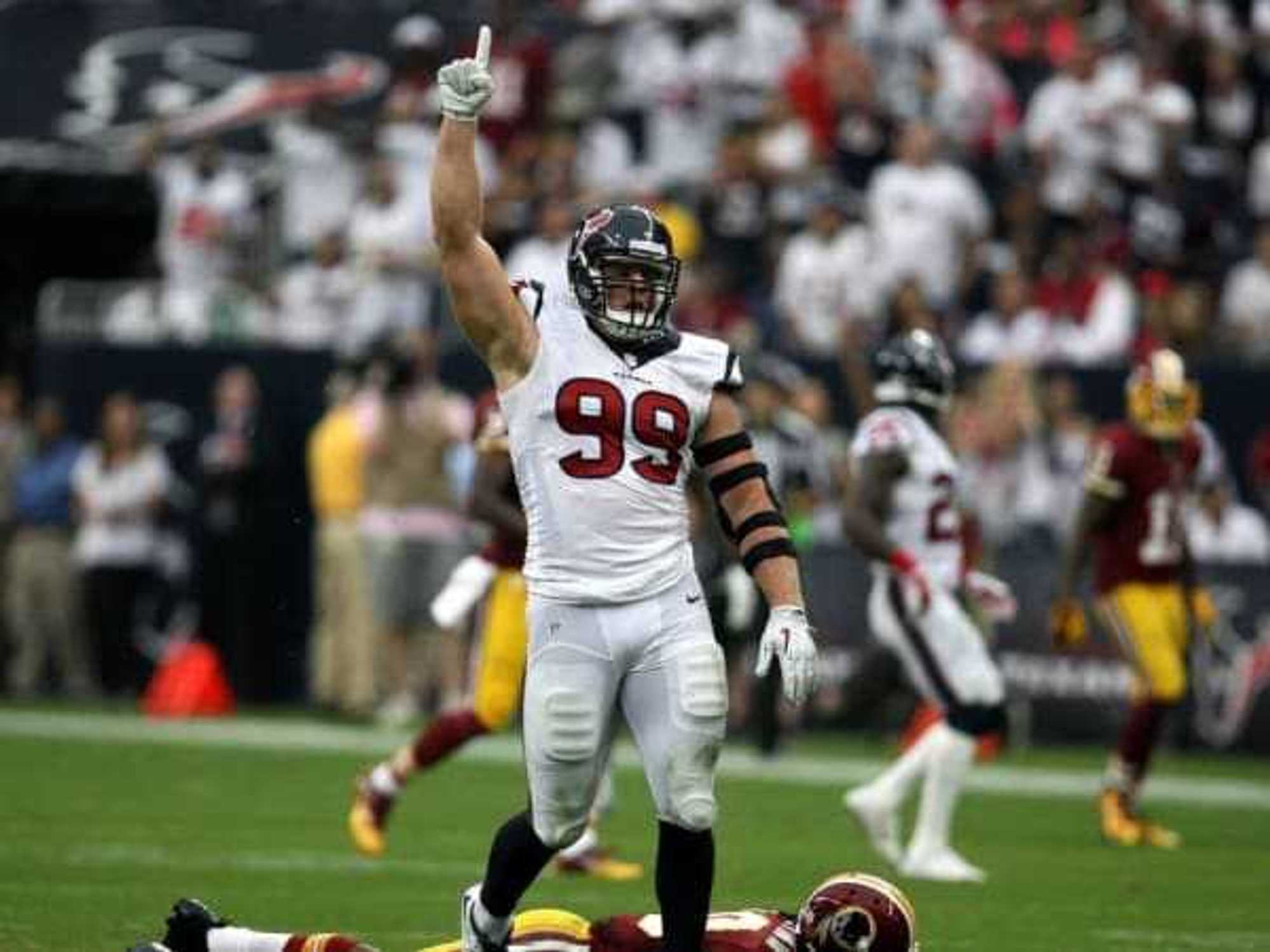Hoops Insider
Jeremy Lin & Chandler Parsons departures still hound the Rockets despite gaudy record: A McHale lament?
In the span of four days during the penultimate week of November, Jeremy Lin and Chandler Parsons breezed through the bowels of Toyota Center sporting the uniforms of the opposition, a development that rendered the mood of Houston Rockets coach Kevin McHale just shy of lamentable.
As the Rockets scuffled through an unsightly stretch of inefficient offense, McHale was asked to consider why his team was so discombobulated. The easy answer was attrition, with a trio of starters — point guard Patrick Beverley, center Dwight Howard, and power forward Terrence Jones — en route to missing 10, seven and 13 games in November, respectively. But McHale dug just below the surface of blatantly obvious analysis and laid bare what the Rockets weren't following their offseason of upheaval.
Yes they were winning, but what the Rockets lacked was unmistakable.
"We don't have a whole bunch of slashers," McHale said following a 95-92 victory over the Dallas Mavericks. "We lost a lot of slashers in the transition from last year's team to this year's team."
James Harden has done more of everything. His shooting has suffered.
The loss of those slashers — Lin and Parsons — forced the Rockets to reconstruct their offensive attack. That reality, combined with the gimpy joints and appendages of Howard and Jones in particular, dumped the Rockets into a position of gross over-reliance on 3-pointers and James Harden. The latter has ably embraced the increased workload, but the Rockets' glaring lack of offensive balance has yielded sporadic offensive performances.
By entering December nine games over .500 despite their roster shortcomings and personnel woes, the Rockets are cementing their status on two fronts. Harden has emerged as a viable MVP candidate, even through his suboptimal shooting. Harden closed November shooting 40.5 percent overall including 33.9 percent on 3-pointers and 44.6 percent inside the arc, posting decreases in all three categories from his first two combined seasons with the Rockets (.446/.367/.495).
Harden has lost more than four points off his effective field goal percentage (51.6 to 47.0), and while his penchant for taking and making free throws — he leads the NBA in both categories shooting 148 of 165 from the line — remains the foundation for his scoring efficiency, Harden is being asked to close possessions now more than ever. His usage rate stands at a career-high 31.1 percent.
Of course, these numbers are skewed by the absence of Howard, whose 20.2 points per 36 minutes represents the third-most of his career. Though the sample size of 10 games remains small, Howard does own a 26.6 percent usage rate, the second-highest of his career (Howard posted a 27.2 percent usage rate in 2010-11 with the Orlando Magic, coincidentally the same season he produced his best PER - 26.1).
Without Howard terrorizing foes on the business end of pick-and-rolls and providing post-up punch, Harden has done more of everything. His shooting has suffered.
Rockets Absence Underplayed
The Rockets miss Jones, too. Despite his unrequited love for perimeter jumpers, Jones was an interior force for the Rockets last season, shooting 69.0 percent in the restricted area to rank fifth among players with at least 400 attempts in that zone (behind LeBron James, Kevin Durant, DeAndre Jordan, Blake Griffin). Howard, at 68.4 percent, was sixth, which explains why the Rockets morphed into such a lopsided offense last month.
After ranking third and fourth, respectively, in field goals made and attempted in the restricted area last season, the Rockets are 12th in both categories this season heading into Wednesday night's game against 15-2 Memphis. Their field goal percentage in the restricted area, 57.7 percent, ranks 23rd; last season the Rockets were eighth shooting 62.5 percent in the restricted area. Their commitment to 3-pointers and free throws remains unchanged — the Rockets lead the league in 3-pointers made (12.2) and attempted (34.8) per game while ranking eighth in free throw rate (32.1 percent) — but their inability to generate paint points has left them neutered.
The Rockets are 21st in offensive efficiency (101.8 points per 100 possessions) and 15th in effective field goal percentage (50.2) after finishing fourth and third in those respective categories last season, their potency stripped by personnel departures and a spate of injuries.
But how can any team that has played so long without three starters be properly judged?
While the former concern is beyond addressing, the latter issue should be resolved, all of which leaves the Rockets in a holding pattern relative to establishing an identity. Their win-loss record is noteworthy, and despite their ravaged rotation, the Rockets remain a Top 10 team according to evaluators. But how can any team that has played so long without three starters be properly judged?
Even the accolades ring hollow because the Rockets have had precious few opportunities to showcase how their revamped lineup will perform. The presumption is that their defense, already the second-most efficient in the NBA, will improve once Beverley and Howard rejoin the fray. But the Rockets recorded nine victories over non-playoff teams before the calendar flipped to December, therefore any pause examining the sustainability of their stifling defense is rooted in logic.
What the Rockets are certain of is that they have a maturing superstar (Harden), a reliable two-way threat (Trevor Ariza), and a collection of complementary players willing to plug gaps in a frayed rotation (namely Donatas Motiejunas). But before the Rockets are anointed or disregarded they must get healthy.
Before consideration is given to the leadership of Harden and Howard, Harden and Howard must work in concert for more than 10 games. If the Rockets are to move past the slashers they lost, they must determine whether they can learn to trust the shooters they found.
